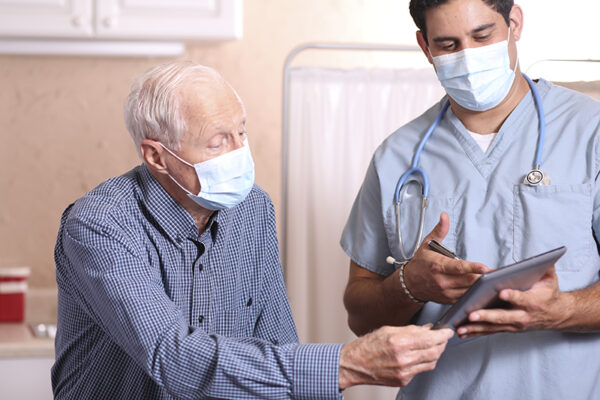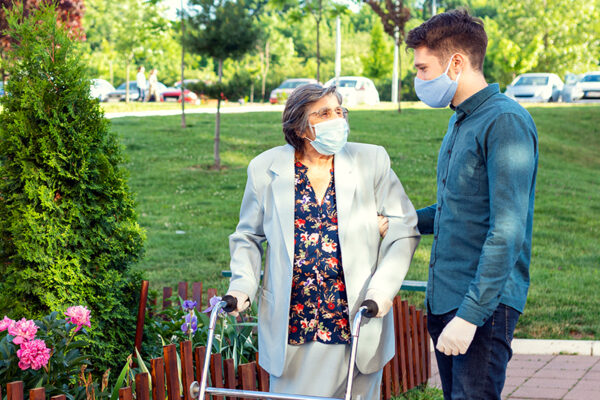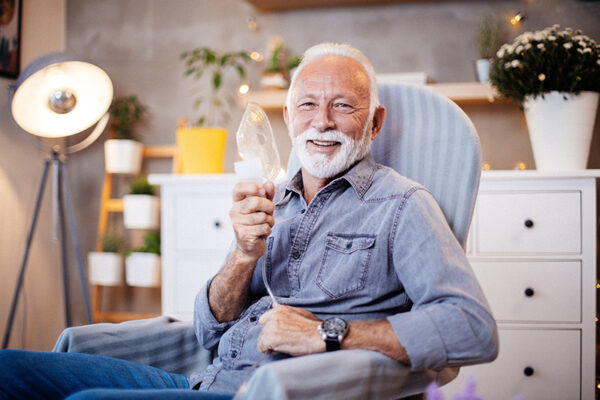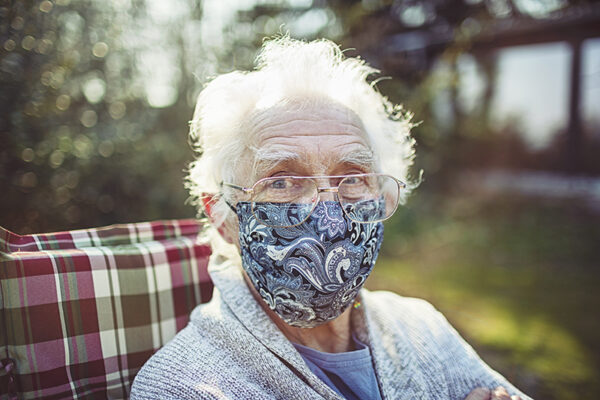How to Safely Enjoy Celebrating the Holidays with Seniors During COVID-19
Think about the most ideal holiday season you are able to imagine. While that image will vary slightly for every one of us, it could include gifts, good food, lights, and traditions passed down through the generations. Yet what most certainly rings true for everyone is the happiness in spending time with the people we…







